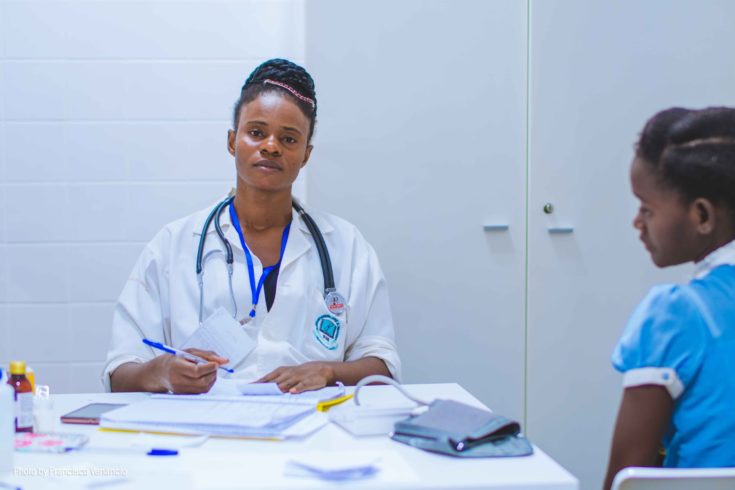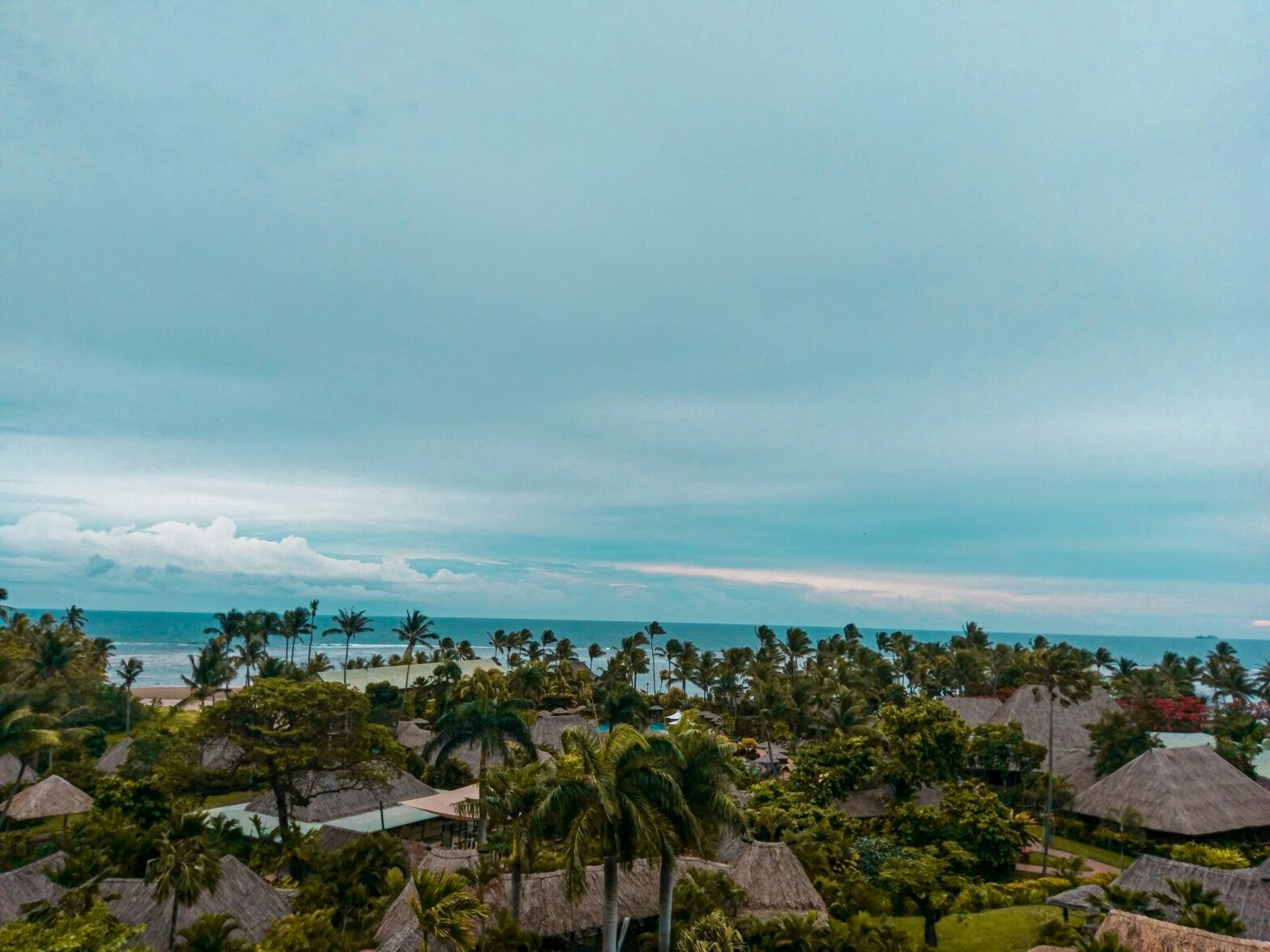With more than 70,000 confirmed cases of Coronavirus and over 1,800 deaths, the World Health Organization (WHO) recently declared a Public Health Emergency of International Concern due to the lack of scientific knowledge about the virus as well as increasing preparation in vulnerable countries.
29 countries have reported cases, including in Egypt – the first confirmed case on the continent.
As trade between Africa and China increases and with more than 1 million Chinese nationals on the continent, scientists are warning that some countries in Africa are ill-prepared to handle the detection and transmission in a new study.
The findings are from a new virus modeling study published in The Lancet.
Although travel from China to Africa is considerably lower than from China to Europe, the potential impact of the virus on the population could be particularly damaging, according to the report.
Egypt, Algeria, and South Africa were classified at the highest risk of importing the virus from China but are among the best prepared in Africa to reduce vulnerability, according to researchers.
Nigeria and Ethiopia were rated among the most vulnerable.
WHO has prioritized support for 13 countries on the basis of their close transport links with China: Algeria, Angola, Côte d’Ivoire, the Democratic Republic of the Congo, Ethiopia, Ghana, Kenya, Mauritius, Nigeria, South Africa, Tanzania, Uganda, and Zambia.
The strategy is to prepare country technical guidance, advising ministries of health on how to limit human-to-human transmission, ensure countries have the capacity to isolate and provide appropriate treatment to affected people, said Michel Yao, WHO Africa program manager for emergency operations.
“We all know how fragile health systems [are] in the African continent, they are already overwhelmed by many outbreaks. For us, it is critical to detect coronavirus earlier [so] that we can prevent spreading within communities that can trigger a number of cases that can overwhelm the treatment capacity”, Yao stated.





